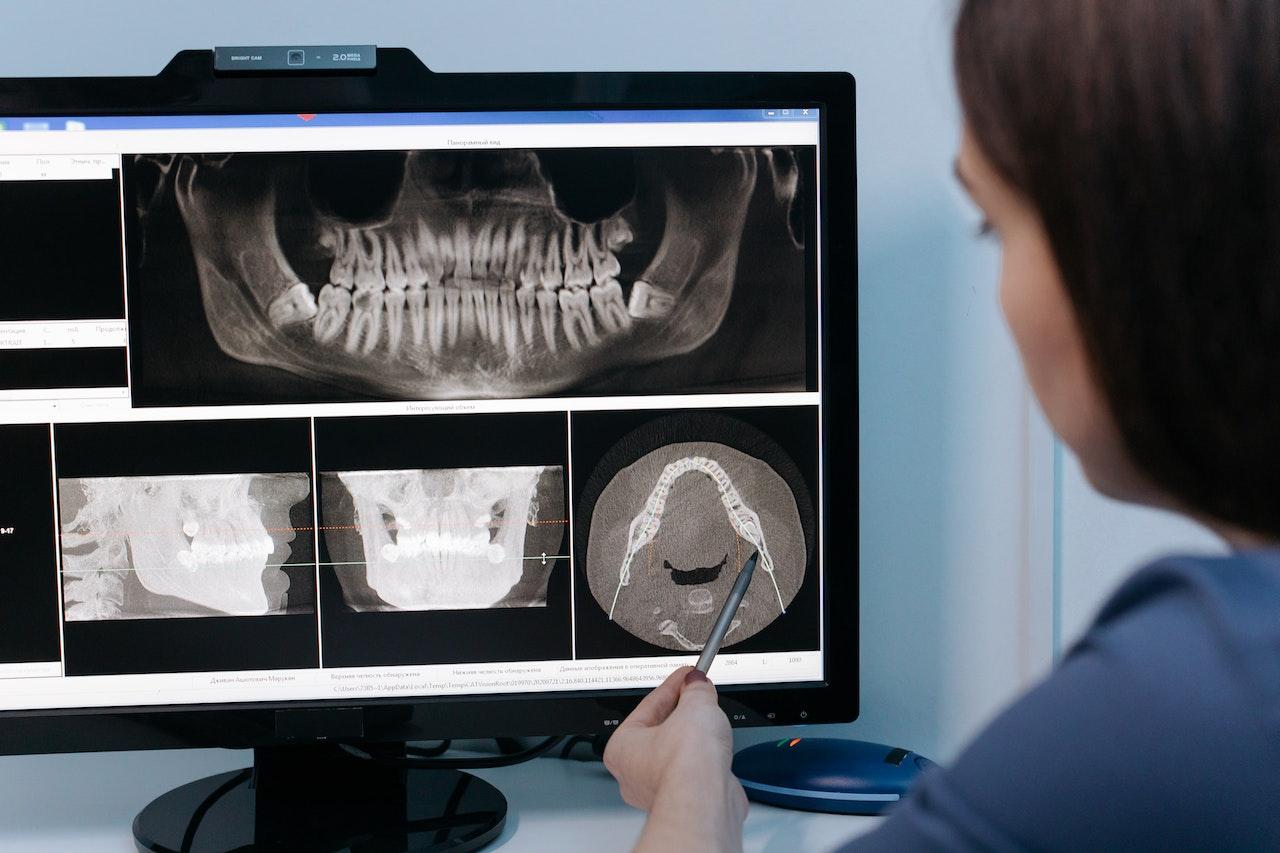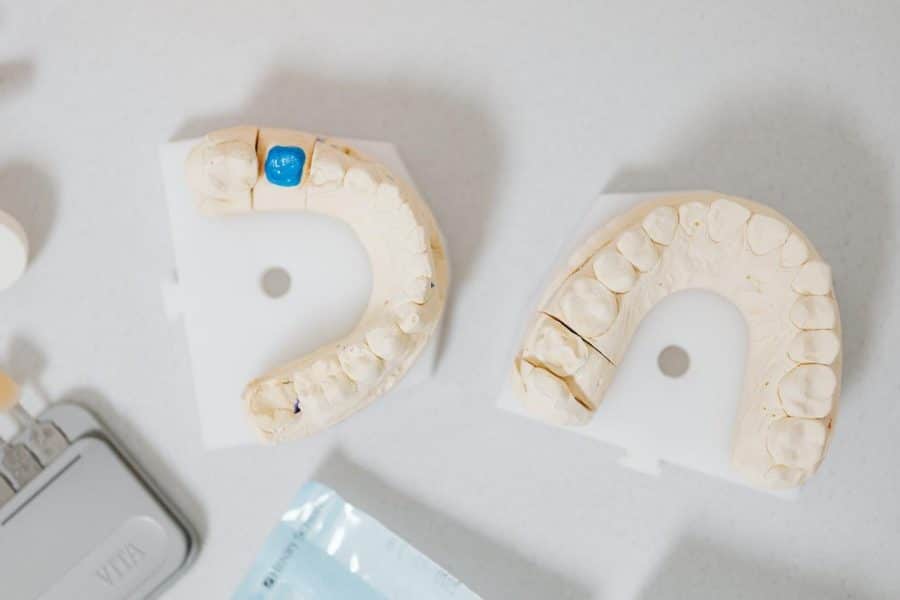When it comes to dental issues, not all problems can wait for a regular dental appointment. Some situations require immediate attention and prompt action. Your oral health can be preserved, and additional problems can be avoided if you know how to identify and handle dental emergencies.
In this post, we'll look at dental emergencies' warning signs and symptoms, go through what to do in an emergency, and stress the value of preventative actions.
Understanding Dental Emergencies
A dental emergency can be defined as any oral condition that requires immediate attention to alleviate severe pain, stop bleeding, save a tooth, or prevent further damage. It's crucial to differentiate between urgent and non-urgent dental issues to determine when emergency care is necessary. While routine dental problems can usually wait for regular office hours, certain situations demand immediate intervention to prevent irreversible consequences.
Signs and Symptoms of Dental Emergencies

Severe toothache or persistent tooth pain
Intense, unrelenting tooth pain can be a sign of an abscess, infection, or an underlying dental problem that needs urgent evaluation and treatment.
Knocked-out tooth or dental avulsion
If a tooth is completely knocked out, be quick to take action. Immediate dental care can increase the chances of re-implantation and save the tooth.
Broken or fractured teeth
Fractured or broken teeth can cause severe pain, leaving the tooth vulnerable to infection. Emergency dental care can help repair the tooth and prevent further damage.
Loose or dislodged teeth
Teeth that have been partially displaced or knocked out of alignment due to trauma require immediate attention to save the tooth and prevent complications.
Abscess or infection
An abscess or infection around your teeth often causes severe pain, swelling, and fever. Prompt dental care is necessary to address the infection and alleviate the pain.
Lost or damaged dental restorations (crowns, fillings, etc.)
If a dental crown, filling, or another restoration becomes loose, dislodged, or damaged, it can lead to sensitivity, pain, and further complications. Seeking emergency dental care can help restore the restoration and protect the tooth.
Uncontrolled bleeding from the mouth or gums
A major oral health problem could be indicated by excessive bleeding from the mouth or gums, especially if it doesn't stop after applying light pressure. Immediate dental care is necessary to find and treat the source of the bleeding.
Trauma to the mouth or face
Any substantial mouth or facial injury requiring prompt medical and dental care includes fractured jaws and severe lacerations.
Steps to Take in an Emergency Dental Situation

In the event of a dental emergency, it is crucial to maintain composure and follow these instructions:
Assess the situation
Determine whether the dental issue requires immediate attention based on the severity of the issue. Determine the signs, the intensity of the discomfort, and any noticeable tooth or oral tissue damage.
Contact an emergency dentist or dental helpline.
Look for a dental clinic that offers emergency services, or contact a dental helpline to seek professional guidance. Explain the situation clearly and follow their instructions for immediate care.
Self-care measures before seeking professional help
Depending on the circumstances, you might need to practice various self-care techniques to control discomfort or stop additional injury. These can include using a cold compress to minimize swelling, washing the mouth with warm salt water, or using dental wax to conceal a fractured tooth's jagged edges.
Do's and don'ts for specific dental emergencies
Different emergencies require specific actions. For example, if a tooth is knocked out, handle it carefully by the crown, rinse it gently with dirty water, and try to reinsert it into the socket if possible. If unable to reinsert, place it in a container of milk or saliva and bring it to the dentist immediately.
When to Contact Your Dentist for Non-Emergency Issues
Not all dental concerns require immediate attention. If you have any tooth issues, you must speak with your dentist about your symptoms at the earliest. They can provide guidance on whether you should seek immediate care or wait for a regular appointment.
For more information on treating tooth sensitivity and to take advantage of the Dental Cleaning PROMO at Trafalgar Dental, visit their website.
Conclusion
Recognizing dental emergencies and seeking timely care is crucial for maintaining good oral health. Understanding the signs and symptoms of urgent dental situations, taking appropriate steps during emergencies, and following preventive measures can protect your teeth, alleviate pain, and minimize the risk of further complications. Always lean on the side of caution and see a dental expert for advice when in doubt; just remember. Your oral health merits the consideration and cares that it receives.
For more tips on maintaining optimal oral health, check out our article "4 Best Ways to Keep Your Teeth in Perfect Health." Implementing these practices can help you prevent dental emergencies and ensure the long-term well-being of your teeth and gums.


